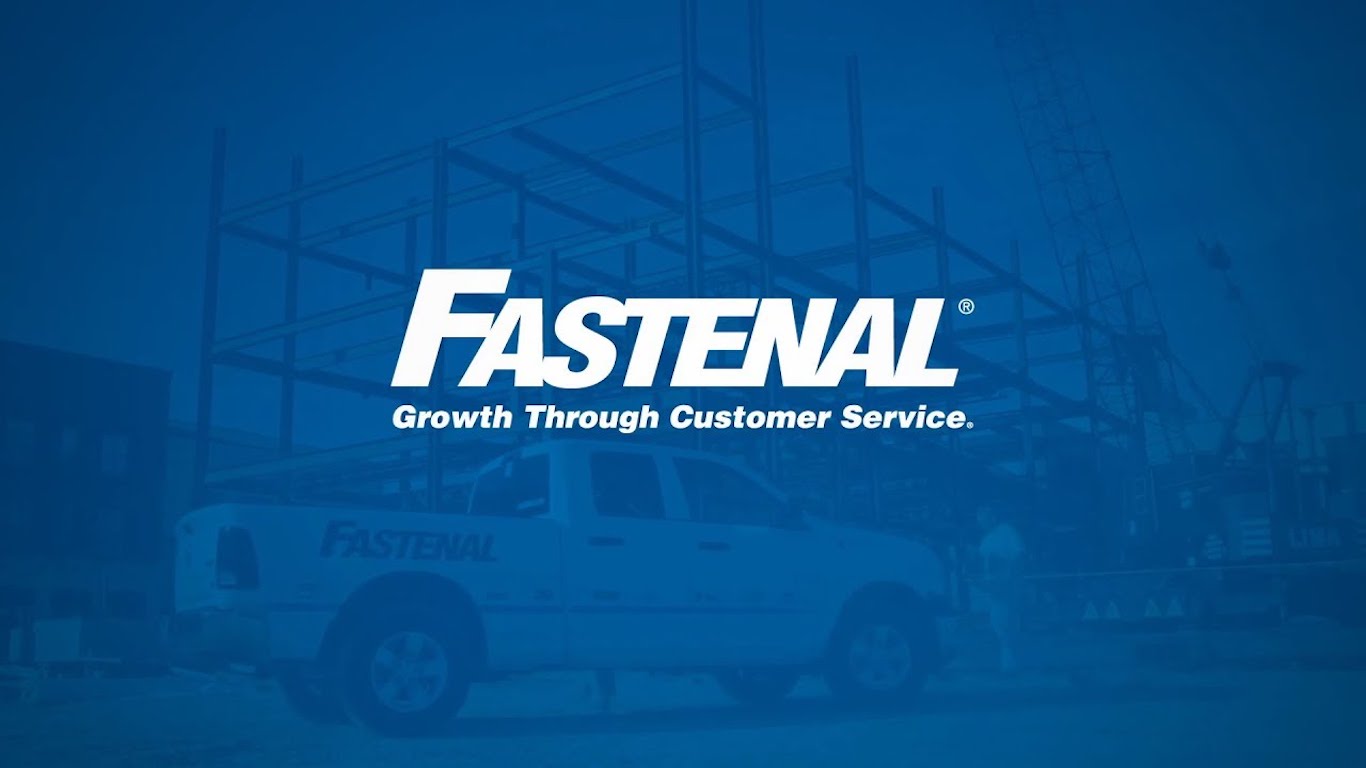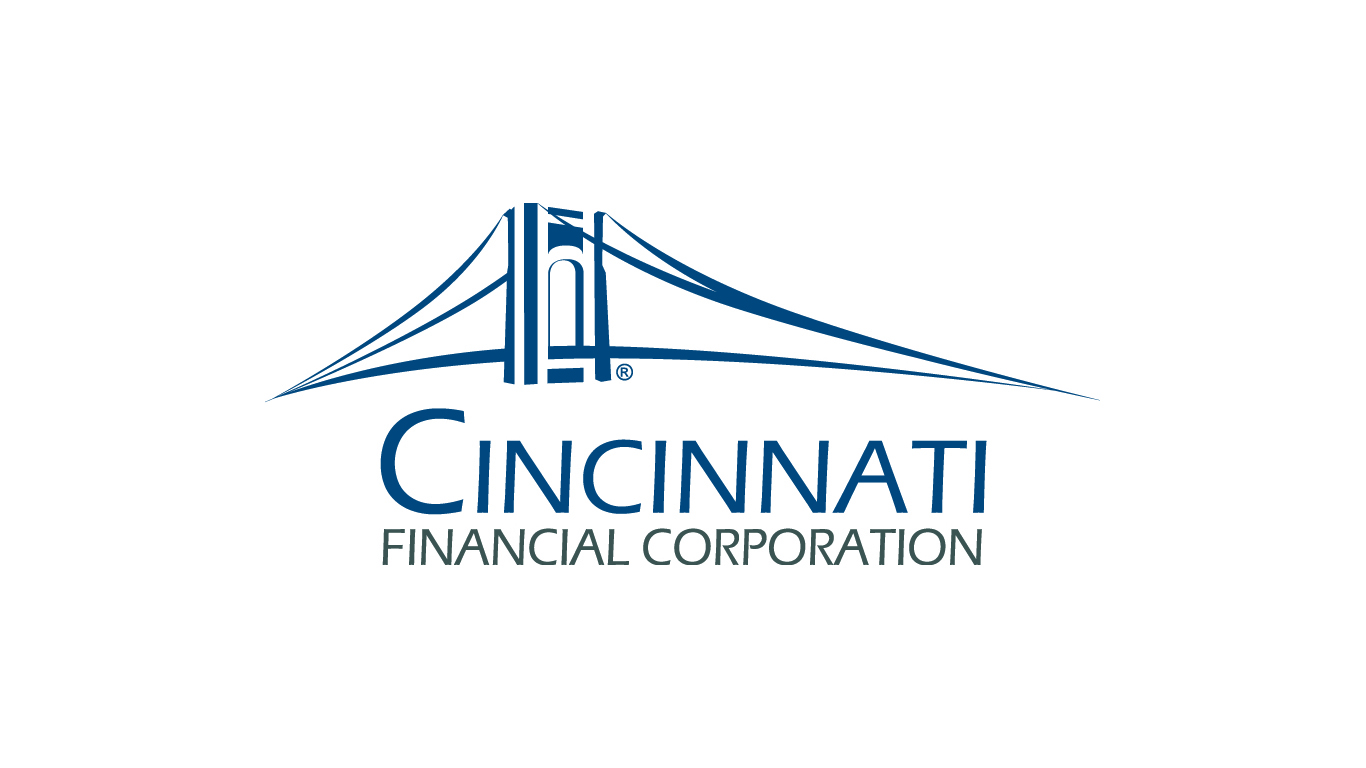
24/7 Wall Street contributor Chris MacDonald recently discussed dividend stocks for income-focused investors. Rather than waste a lot of time searching for the perfect dividend stock, MacDonald cut to the chase, suggesting the (NYSEMKT:SCHD) was the easiest and possibly best way to go, given its low annual cost of just $6 per $10,000 invested.
However, some people just want to do it themselves, preferring to create a portfolio of their chosen dividend stocks.
For people in this camp, I will select three stocks to buy from SCHD, which tracks the performance of the Dow Jones U.S. Dividend 100 Index. The index is selected from stocks in the Dow Jones U.S. Broad Market Index, excluding real estate investment trusts (REITs), master limited partnerships, preferred stocks and convertibles.
The Dow Jones U.S. Dividend 100 Index stocks are companies with high dividend yields, at least 10 consecutive years paying dividends, strong fundamentals, a minimum float-adjusted market capitalization of $500 million, and reasonable liquidity.
To make the cut, these stocks will possess cash flow greater than total debt, a return of equity of 20% or more, a dividend yield of 2% or up, and a 5-year annual dividend growth rate of 7% or higher.
Based on these four criteria, here are my three stocks to buy from SCHD.
Key Points About This Article:
- The headwinds Fastenal (FAST) has faced will soon be in the rearview mirror.
- Cincinnati Financial (CINF) continues to grow its book value per share.
- Paychex (PAYX) delivers despite operating in a cutthroat industry.
- Sit back and let dividends do the heavy lifting for a simple, steady path to serious wealth creation over time. Grab a free copy of “2 Legendary High-Yield Dividend Stocks” now.
Fastenal (FAST)

According to S&P Global Market Intelligence, Fastenal’s (NASDAQ:FAST) operating cash flow in the trailing 12 months is $1.24 billion, 2.4x its total debt of $527 million; its return on equity is 32.7%; its dividend yield is 2.01%, and its five-year dividend growth rate is 11.8%.
Fastenal distributes industrial and construction supplies from 1,597 retail locations in the U.S., Canada, Mexico, and elsewhere. It also has 1,986 onsite locations at its customer’s facilities. In addition, it sells its industrial products through vending machines that operate around the clock, 7 days a week. It has 111,800 as of December 31, 2023.
While analysts are mainly on the fence about Fastenal—only three out of 17 rates it a Buy, with most rating it a Hold—I believe its consistent, almost boring growth over the years makes it an excellent long-term dividend stock.
The company tracks DSR (daily sales rate), which is defined as total net sales divided by the number of business days in the period. In Q3 2024, this number grew 1.9% over Q3 2023. While that is down from Q3 2023 growth of 4.0%, it’s up from 1.8% in the second quarter.
The headwinds it has faced in the past year appear to have subsided. Onward and upward.
Cincinnati Financial (CINF)

Cincinnati Financial’s (NASDAQ:CINF) operating cash flow in the trailing 12 months is $2.58 billion, 3.0x its total debt of $874 million; its return on equity is 25.1%; its dividend yield is 2.28%, and its five-year dividend growth rate is 7.79%.
As its name implies, Cincinnati Financial is a property and casualty insurance company based in Ohio. Cincinnati Financial has five operating segments: Commercial Lines Insurance (37% of revenue), Personal Lines Insurance (22%), Excess and Surplus Lines Insurance (5%), Life Insurance (3%), and Investments (33%).
If you exclude investment revenue–which changes considerably each quarter based on investment performance–its Commercial and Personal Lines accounted for 88% of its revenue in Q3 2024.
While investment income is volatile, the net gain in the equity portfolio is more consistent. As of September 30, its equity securities were valued at $11.57 billion, $7.54 billion higher than their cost and 5.3% higher than at the end of December.
The company looks to generate an annual value creation ratio between 10% and 13%. It calculates the ratio by taking the change in book value per share, dividing it by the beginning of the period’s book value, and adding to that the dividend declared to shareholders in the period, divided by the beginning of the period’s book value.
In the first nine months of 2024, it was 17.8%, 4x what it was a year ago—no wonder the shares are up 35% in 2024.
Paychex (PAYX)
Paychex’s (NASDAQ:PAYX) operating cash flow in the trailing 12 months is $1.75 billion, 2.0x its total debt of $867 million; its return on equity is 45.7%; its dividend yield is 2.76%, and its five-year dividend growth rate is 12.13%.
Paychex provides HCM (human capital management) solutions for payroll, benefits, human resources (HR), and insurance services for small to medium-sized businesses in the U.S., Europe, and India. It has over 745,000 customers and pays one out of every 12 American private sector employees.
Tom Golisano founded the company in 1971 in Rochester, New York. As its website states, it was one of the original disruptors in the HCM industry. Golisano remains a director and its largest shareholder, with 10.4% of the stock.
In the latest quarter, Paychex delivered mediocre Q1 2025 results, with revenue and adjusted earnings per share growth of 3% and 2%, respectively. That’s nothing to write home about.
However, it’s managed to deliver over the long haul. Between fiscal 2020 (May year-end) and 2024, its total service revenue and adjusted EPS generated a CAGR (compound annual growth rate) of 7% and 11%, respectively.
Over the long run, it will deliver. It may not be when you expect it to be.
100 Million Americans Are Missing This Crucial Retirement Tool
The thought of burdening your family with a financial disaster is most Americans’ nightmare. However, recent studies show that over 100 million Americans still don’t have proper life insurance in the event they pass away.
Life insurance can bring peace of mind – ensuring your loved ones are safeguarded against unforeseen expenses and debts. With premiums often lower than expected and a variety of plans tailored to different life stages and health conditions, securing a policy is more accessible than ever.
A quick, no-obligation quote can provide valuable insight into what’s available and what might best suit your family’s needs. Life insurance is a simple step you can take today to help secure peace of mind for your loved ones tomorrow.
Click here to learn how to get a quote in just a few minutes.
Thank you for reading! Have some feedback for us?
Contact the 24/7 Wall St. editorial team.





